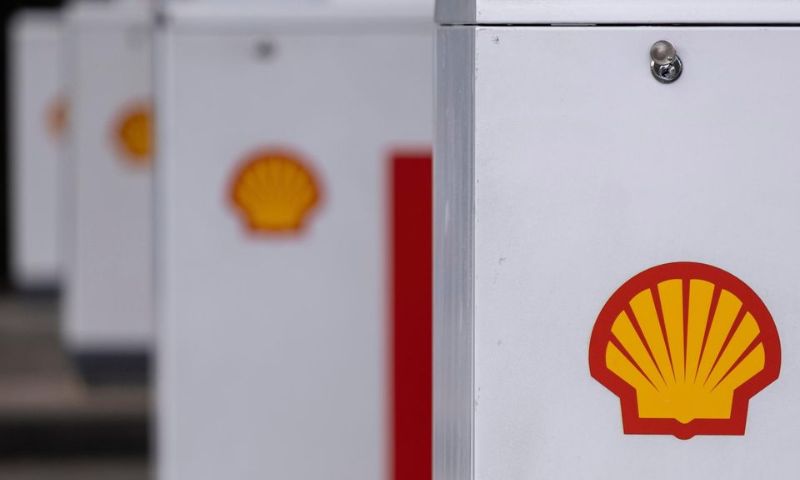LONDON: The CEO of energy giant Shell, Wael Sawan has said that reducing oil and gas production would be “dangerous and irresponsible.”
He said that the world still relies heavily on these resources and that the transition to renewable energy is progressing at a slower pace than required to replace them adequately.
In a recent interview with BBC, the CEO cautioned that factors such as increased energy demand from China and harsh European winters could lead to a surge in energy prices and bills.
His stance, however, drew criticism from climate scientists who deemed Shell’s plan to maintain current oil production until 2030 as misguided.
One prominent climate scientist, Professor Emily Shuckburgh from the University of Cambridge, stated that companies like Shell should prioritize expediting the green transition rather than extending the use of oil and gas, particularly at the expense of society’s most vulnerable members.
Sawan, in response to these criticisms, respectfully disagreed with the notion. He emphasized that cutting oil and gas production could have severe consequences, such as a resurgence in the cost of living, as experienced last year.
The urgency to phase out fossil fuels in favour of cleaner alternatives stems from global leaders’ commitment to limit the world’s warming to less than 1.5 degrees Celsius this century. The European Commission has already outlined plans to accelerate the EU’s shift to green energy, aiming to reduce dependence on Russian oil and gas.
Nonetheless, the transition to sustainable energy poses challenges for many countries lacking the necessary infrastructure.
Sawan highlighted how an international bidding war for gas supplies last year resulted in developing nations like Pakistan and Bangladesh being unable to afford shipments, which were diverted to Northern Europe instead. This situation left children in these countries studying and working by candlelight.
Critics, including the Committee on Climate Change, have also pointed out the negative health impacts associated with household gas appliances, which have been linked to respiratory problems and cardiovascular disease.
Claire Fyson, co-head of climate policy at Climate Analytics, a global science and policy institute, dismissed the notion that the choice lies between dependence on fossil fuels and candlelight, asserting that renewable energy sources are not only cleaner and more sustainable but also more cost-effective and beneficial for public health.
Although the UK has pledged £11.6 billion for international climate finance, a memo revealed that economic shocks like the COVID-19 pandemic have presented significant challenges in meeting this ambitious target.
New investments in oil, gas
Fatih Birol, the head of the International Energy Agency, has firmly stated that governments must refrain from making any new investments in oil, gas, and coal if they are genuinely committed to addressing the climate crisis.
Additionally, UN Secretary-General Antonio Guterres characterized investment in new oil and gas production as “economic and moral madness.”
The debate over continued oil and gas production rages on, with voices from both sides passionately advocating for their respective viewpoints. As the world faces the urgency of combating climate change, finding a balanced approach that considers environmental concerns, economic implications, and the welfare of societies remains an ongoing challenge.























